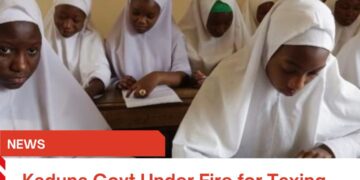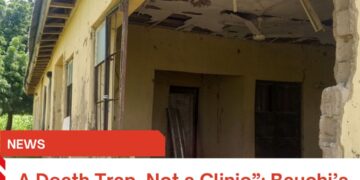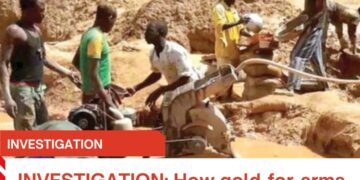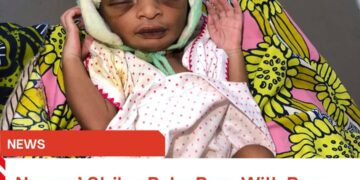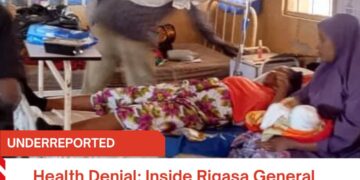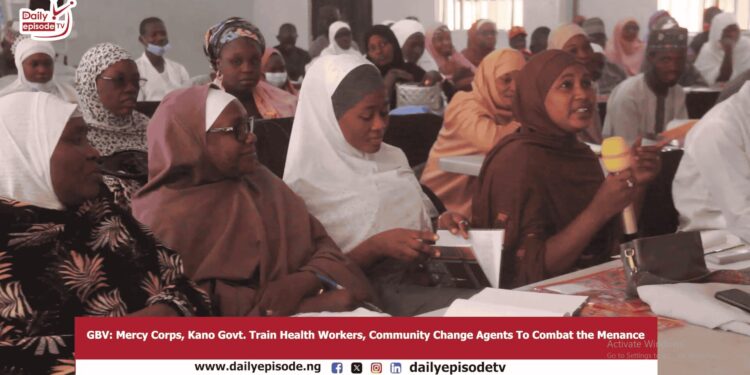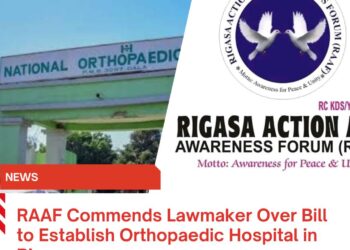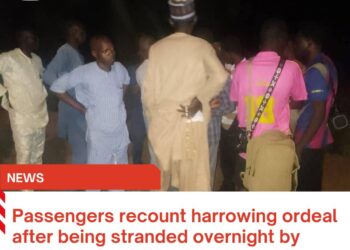As the report of gender-based violence is on the rise, which is alarming and threatening the peaceful coexistence and mental health of people, the Mercy Corps, through its Girl H project, in partnership with the Kano State Primary Health Care Board, organised a two-day training for health service providers and community change agents on gender-based violence in Kano, Northwestern Nigeria.
The training aimed to provide solutions to the lingering issue and equip health service providers and community change agents with the necessary skills to promptly address and care for survivors of gender-based violence in the country.
On day two of the event, one of the resource persons at the training session, Hajiya Rashida Aminu, head of sexual and gender-based violence at the National Agency for the Prohibition of Trafficking in Persons (NAPTIP), disclosed that training is timely. The beneficiary’s response has shown readiness to join forces in curbing the menace.
According to her, the two-day training focused on educating, enlightening, and creating awareness for the people at the community level, especially the first responders at the public health level, which are the community health workers.
“It’s paramount for us to share the risk attached and why communities and health personnel should respond to and handle issues of gender-based violence, which are on the rise.
Sometimes they are the first to be contacted when such an incidence happens or they might encounter either as victims or first aiders. Still, after this training, I believe most of them, “the participants,” are now aware of how to tackle or support the victims, most importantly the guidance on issues and solutions of gender-based violence.” Rashidas said
However, like Rashida Aminu, Hadiza Bashir Buhari, who is also a facilitator at the training, highlights the major issues of gender-based violence, especially in northern Nigeria, which is on the rise.
Hadiza narrates that even though authorities and advocacy groups are more concerned about the issue of rape, which is taboo, and perpetrators must be brought to justice, other key issues are often regarded as normal but are considered gender-based violence.
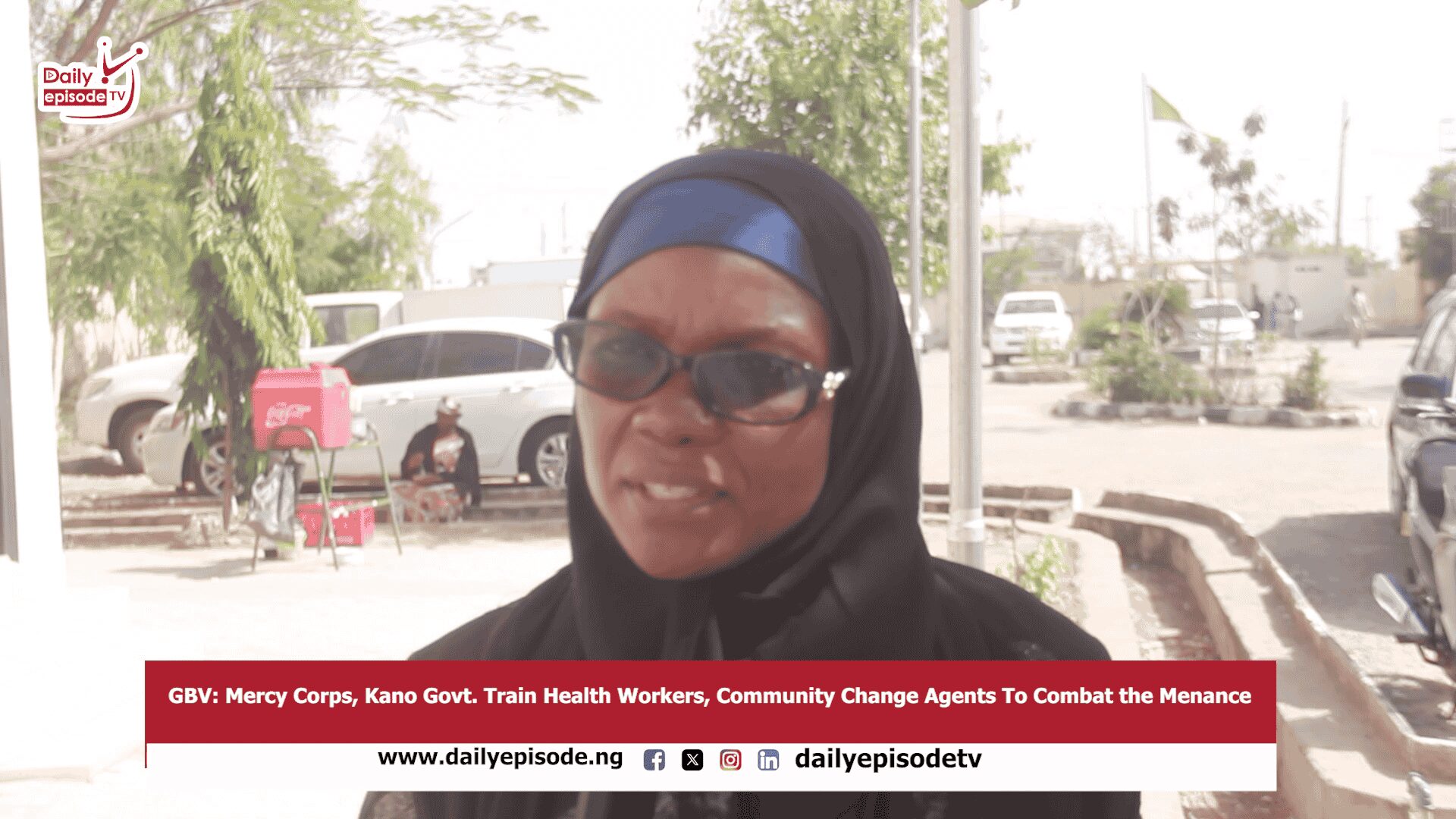
According to her, one of the key issues discussed in her session was other types of GBV, which encompasses physical violence, emotional violence, and domestic violence.
Currently, on social media and other centres like schools or gatherings that may include people from different cultures and backgrounds, you tend to see cases of hate speech, which falls under the category of physical violence, but as we are advocating and training community change agents and community health extension workers, I believe the issue of gender violence will one day become history. She added.
Our commitment will change the narrative; beneficiaries
One of the beneficiaries, Architect Yahaya Abba Yakasai, who’s a member of the Tarauni community organisation, revealed that, at the community level, they sometimes witness or receive cases of gender-based violence, but handling the issues professionally is a serious challenge.

“But as we received this training, we are now enriched with methods to address the issues, save victims, and report the perpetrators to the relevant authority.
However, this is also a testimony that we will begin advocacy and sensitisation training people in our community and beyond to mitigate and eradicate gender-based violence.” He added that to report the incident, disclose the role of the community change agent and how the seminar impacted their lives.
LIKE & FOLLOW US ON FACEBOOK, X, INSTAGRAM, LINKEDIN & YOUTUBE



